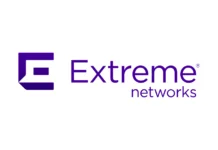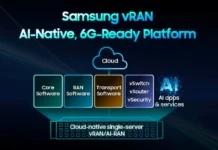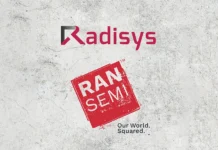Altran, the global leader in engineering and R&D services and part of the Capgemini Group, announced that it is delivering enhancements to its ENSCONCE edge computing platform. The platform now integrates Open Network Edge Services Software (OpenNESS), an open-source toolkit developed by Intel, along with other Intel technologies. The platform combines multiple capabilities, accelerators and frameworks for rapid development of multi-access edge computing (MEC) solutions. As a result of the integration, infrastructure resources will be able to increase computing and I/O performance and reduce network latency.
Altran’s ENSCONCE platform can reside on micro data centers close to the access network, aggregation points, regional data centers and central offices, reducing the barrier for application developers to host their edge applications. The platform offers several features for developers, including low-latency edge application development through software development kits (SDKs). The SDK provides edge applications on demand, discovers edge deployments, orchestrates applications across operator networks, and monitors and manages applications throughout the lifecycle.
“Our MEC platform is focused on developer experience and will incorporate relevant application programming interfaces for application developers in both their SDKs and for developer-facing services,” said Pascal Brier, Executive Vice-President of Strategy, Technology and Innovation at Altran. “By integrating Intel technology and toolkits including OpenNESS and OpenVINO into our platform, we will significantly amplify our edge computing solution and strengthen the offering for application developers and operators.”
Incorporating OpenNESS micro services into the ENSCONCE platform will support accelerated virtual switching. OpenNESS is an open-source MEC software toolkit that enables edge platforms to onboard and manage applications and network functions with cloud-like agility across any type of network. Based on a microservices architecture, it provides highly optimized building blocks that can be composed into new edge platform applications and services. With OpenNESS, ENSCONCE is able to deliver uniform interfaces for 4G and 5G mobile networks and will maximize the advanced capabilities of Intel Xeon processors and accelerators to boost computing and I/O performance and cut network latency.
With OpenVINO, applications on the ENSCONCE platform can execute low-latency inferencing on a variety of AI accelerators, including Intel Xeon Scalable processors, Intel Movidius Vision Processing Units (VPUs), Intel Field Programmable Gate Arrays (FPGAs) and neural accelerators. It also provides a library of optimized inferencing models for computer vision and other domains.
“There is a growing need for edge platforms that provide a seamless developer experience and can be implemented across a variety of use cases,” said Renu Navale, Vice-President of the Data Platforms Group and General Manager of Edge Computing & Ecosystem Enabling at Intel. “The collaboration with Altran to integrate various modules from the OpenNESS toolkit along with other Intel technology components such as the Intel Distribution of OpenVINO toolkit will result in a compelling edge platform that is developer friendly and accelerates ecosystem innovations.”
Altran and Intel are also working with a consortium of network operators, technology vendors and the GSMA to create a multi-operator edge platform. The GSMA Operator Platform will enable operators to cooperatively provide edge services to end users, regardless of location. Altran and Intel are jointly developing a global multi-operator edge platform (powered by ENSCONCE) that will meet the requirements of the GSMA Operator Platform, and it will be demonstrated as a proof of concept in operator sites later this year.
“Edge computing technology is getting mature and will soon become ready to support edge applications with the performance 5G is promising. Collaborations like this are a great step forward to enable solid commercial solutions to support our future edge services,” said Juan Carlos García, Senior Vice-President of Technology and Ecosystems at Telefonica. “The joint work of Intel and Altran, both highly committed with the activity in standardization, open-source and industry bodies like ETSI, GSMA and LFN, will contribute to the availability of open, global and interoperable solutions for MEC.”





















